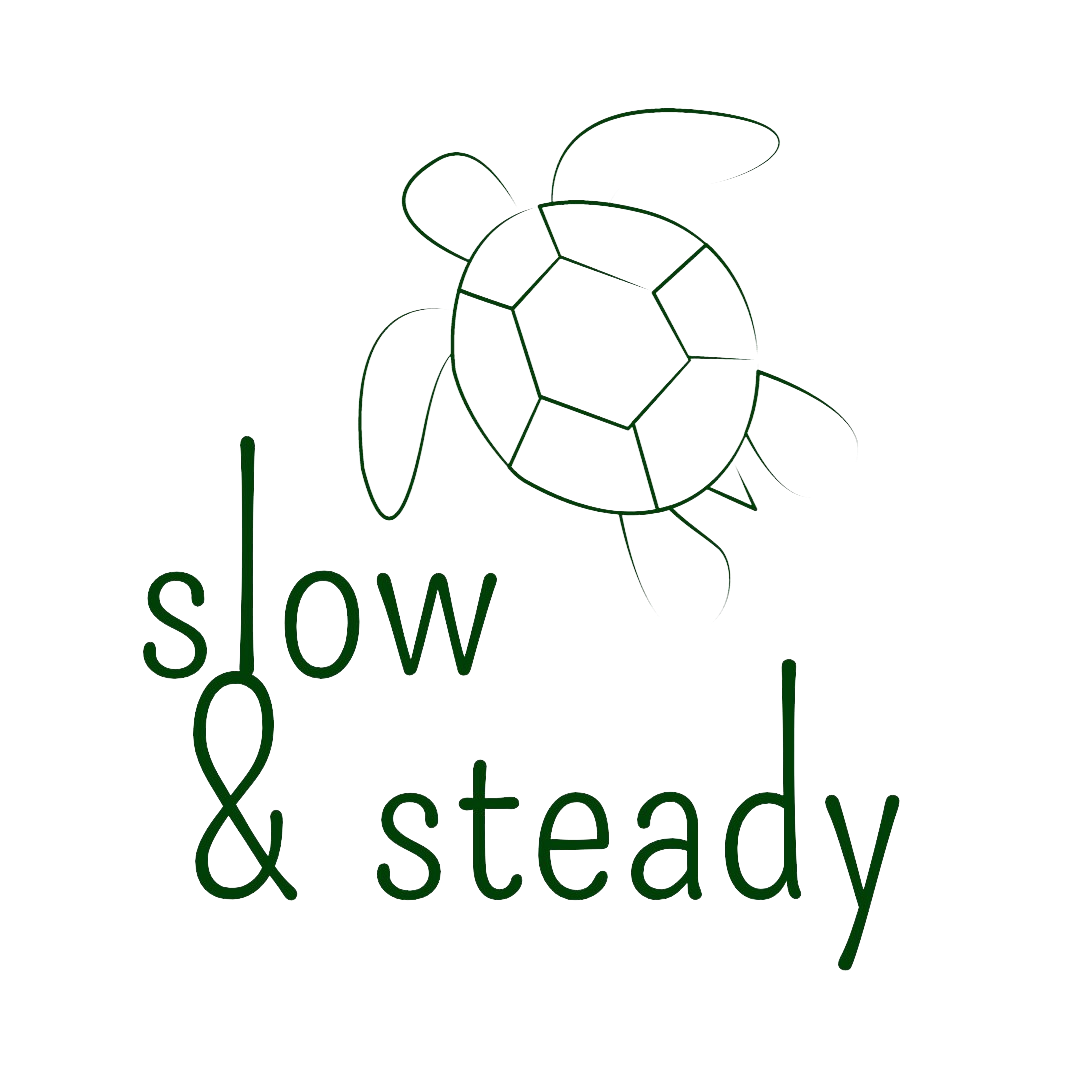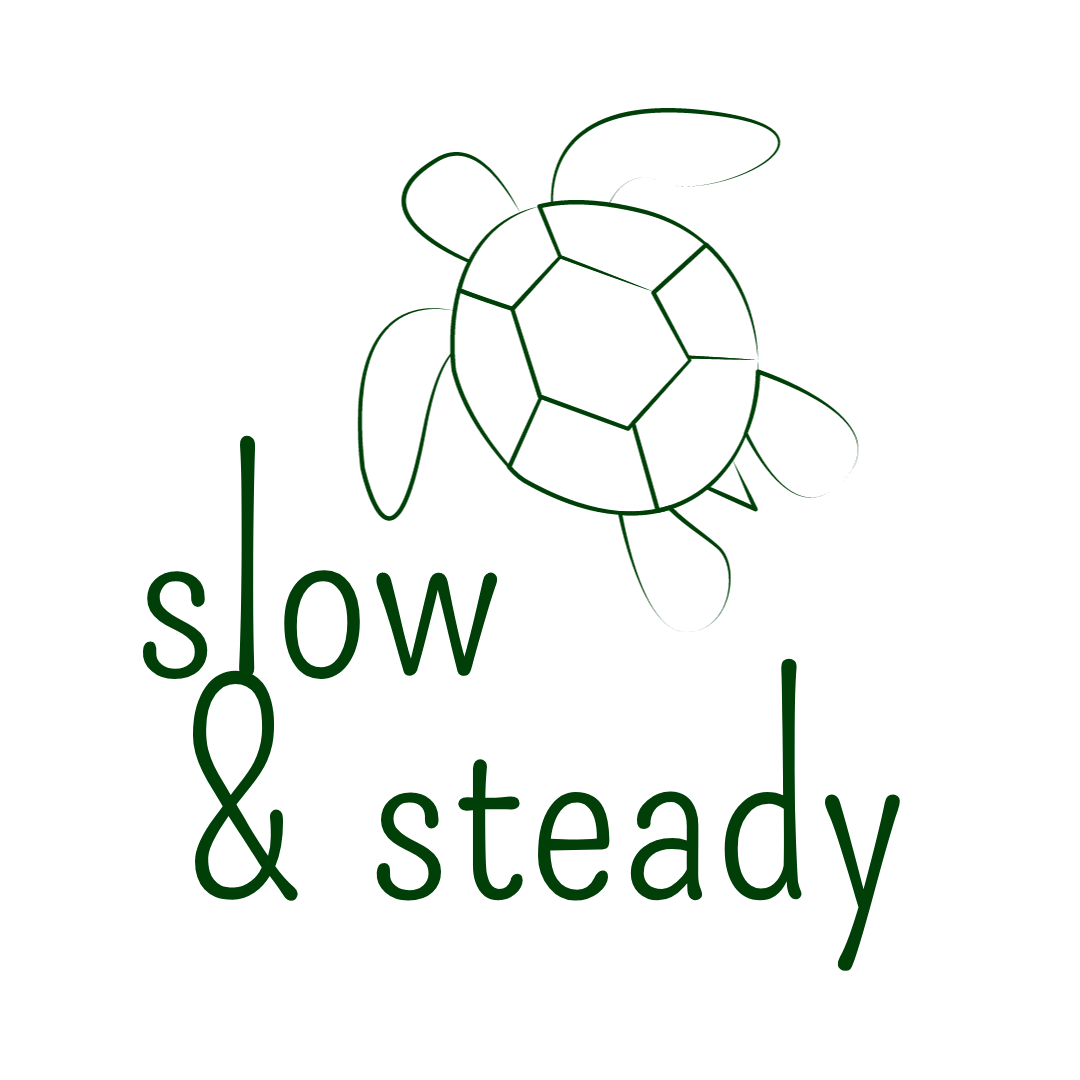4 Cognitive Biases Holding You Back From Being Honest With Yourself
Everyone wants to be authentic. No one wants to face the truth.
Photo by Brett Jordan on Unsplash
How self-aware are you on a scale from 1 to 10?
I can’t tell you how accurate you are, but research by organizational psychologist Tara Eurich showed that only 12 to 15% of people are self-aware.
Yet 95%(!) of people claimed they are self-aware.
Which group are you in?
Maybe you’re not sure. That’s actually a good answer. You’re being honest with yourself right here.
Everyone wants to live an authentic life, but no one likes facing the truth about themselves. There are so many cognitive biases that blur our rational thinking and impact how honest we are with ourselves.
The consequences are no joke:
We think we’re better than the rest (superiority bias)
We can’t quit things that don’t serve us (sunk cost bias)
We fail to think for ourselves in group settings (group bias)
We limit ourselves to information that confirms our views and neglect counter-evidence (confirmation bias)
You owe it to yourself to be aware of how these biases show up in your life. Let’s dive straight in.
1. Group bias
Groups search for consensus. Individuals search for truth.
- Naval Ravikant
I love this quote. According to Naval, we’ve all been programmed to misunderstand. And I think he’s right.
We’re wired to connect with others. Being able to identify and bond with others makes us feel safe and at ease. We’ll gladly pick up ideas and opinions from a group, even if they don’t coincide with our views.
If you think, ‘’oh, but that ain’t me’’ — hold up.
Imagine yourself in a group with 5 others.
You’re told that you’re taking part in a psychological study on visual judgments. The experimenter informs you that you’ll be comparing the length of lines. You’re seated in the sixth position — you’re the last to respond.
The question for everyone: does X equal A, B, or C?
Image by LessWrong.
(Yes, X equals B.)
Despite the obvious answer being B, all other people in the group are instructed to say it’s C.
How’d you act in such a situation?
That was the question that Solomon Asch wanted to find an answer to in the 1950s. Asch investigated the extent to which social pressure in the form of group cues leads to conformity by an individual. The researchers observed the reaction of the one participant who wasn’t informed.
In a group setting, 33% of the individuals got it wrong.
When asked alone, less than 1% got it wrong.
The conclusion? People will ignore reality and give an incorrect answer in order to conform to the rest of the group.
Question for reflection: How often do you voice your unfiltered opinion in a group?
2. Confirmation bias
Confirming your views by looking for supportive evidence while neglecting counter-evidence is just plain stupid, isn’t it?
Well — that’s confirmation bias in a nutshell. And it’s one of the most common cognitive biases.
How does confirmation bias show up in life? Let’s say you’re in your late 20s. You’ve worked at a start-up as a content creator for a couple of years. You’re highly underpaid and your boss doesn’t acknowledge your value. You make the bare minimum, while you always give 100%. You juggle various tasks. You’ve accumulated valuable experience over the years and put in crazy amount of effort.
But you’re dominated by your fear of facing rejection at a job interview or during salary negotiations. You can’t get yourself to take action. You like the familiarity and security that comes with your current job. You’d rather feel comfortable than uncomfortable.
You’ll look on Google for ‘’reasons to stay in your current job’’. You’ll tell yourself (and others) things like:
‘’It’s not that bad. I learn a lot by doing all of these things!’’
‘’Maybe the salary isn’t the best, but at least my colleagues are nice.’’
‘’It’s just not the right timing right now to discuss this. Look at how busy everyone is. I can’t get away with discussing this’’
The truth is, you’ve already made a decision based on your feelings, and now you’re just rationalizing that decision.
Not only does this prevent you from looking for information that takes on a different stance. It also makes you blind to all other scenarios and possibilities.
Do yourself a favor and reflect on the decisions you rationalized yet ended up not serving you at all.
Question for reflection: Think of the last time you made an important decision. How did you come to that decision? How did that decision turn out for you?
3. Sunk cost bias
Imagine you spent $25 on a new book. The first pages are meh. But you keep on reading, hopeful that it gets better.
It doesn’t. On the contrary, the more you read, the more you feel like you’ve bought a book you don’t like.
You’re now 100 pages in. You feel bad about reading it, but even worse about not reading it. After all, you already spent that money, and you already spent time reading the first 100 pages.
That’s sunk cost bias playing with your brain. It’s our tendency to continue with an endeavor we’ve invested money, effort, or time into — even if the current costs outweigh the benefits.
It explains why you continue to put efforts into a side project that you don’t enjoy anymore. Or a long relationship with a partner you’re not compatible with but you’ve already been together with for a decade.
The sunk cost bias can hold you back from doing what’s really good for you in the long term.
Question for reflection: Think of a time when you continued to do something that felt like a waste of time, money or effort. What made you continue anyway?
4. Superiority bias
Remember I asked you to rate your level of self-awareness earlier?
I’ll admit that was a tricky question. Ask people to rate themselves in any area and most of them will tell you they think they’re at least above average:
In ratings of leadership, 70% of the students put themselves above the median.
When people were asked to estimate their driving skills, 93% of Americans rated themselves in the top 50% (the Swedish were a little more humble at 69%).
In a survey of faculty at the University of Nebraska, 68% rated themselves in the top 25% for teaching ability.
Let’s be honest: it’s entertaining to observe people who are overconfident about themselves. Please tell me I’m not the only one who watches auditions of really poor singers who are highly convinced they’re the next pop idol. It just cracks me up. Disclaimer: if I ever claim that I’ll be the best upcoming K-pop star just because I speak Korean, please stop me.
When people’s confidence exceeds their competence, they’re suffering from the Dunning-Kruger effect. When people’s self-limiting beliefs exceed their competence, they’re suffering from imposter syndrome.
Balance is everything.
Question for reflection: What area(s) could you be overestimating or underestimating yourself in right now?
Image by ResearchGate.
Final thoughts
Having a bias doesn’t make you a bad person. However, thinking you’re not biased is a bias itself (it’s called the blind spot bias).
We’re not to blame for the flaws in our minds, but we’re still responsible for educating ourselves on how we operate. We’re all in the same boat.
What distinguishes those who are self-aware? They’re observant, reflective, and introspective. Self-aware people dive deep into the causes of their emotions. Even when they feel a sea of emotions, their nature allows them to not drown in them. Their introspective and reflective abilities allow them to swim the waters.
If you want to join the 12% to 15% group of self-aware people, you have to focus on cultivating those introspective and reflective abilities. Then you’ll be able to ride the waves of self-awareness.




